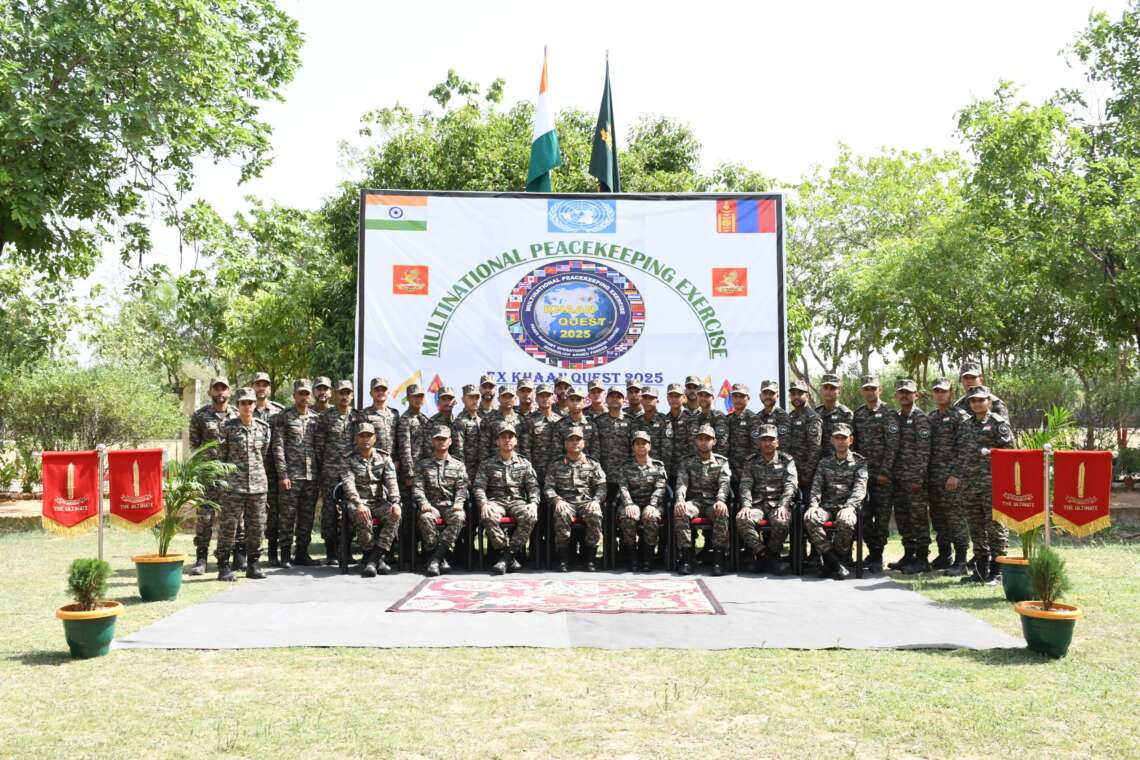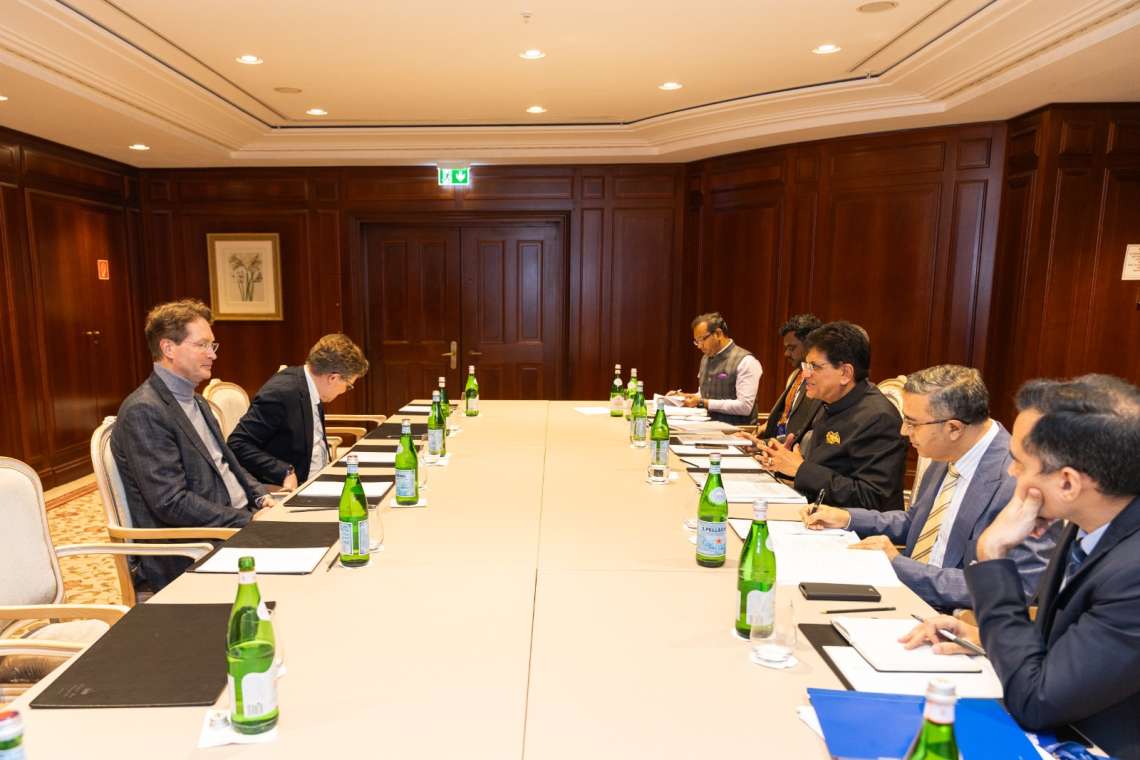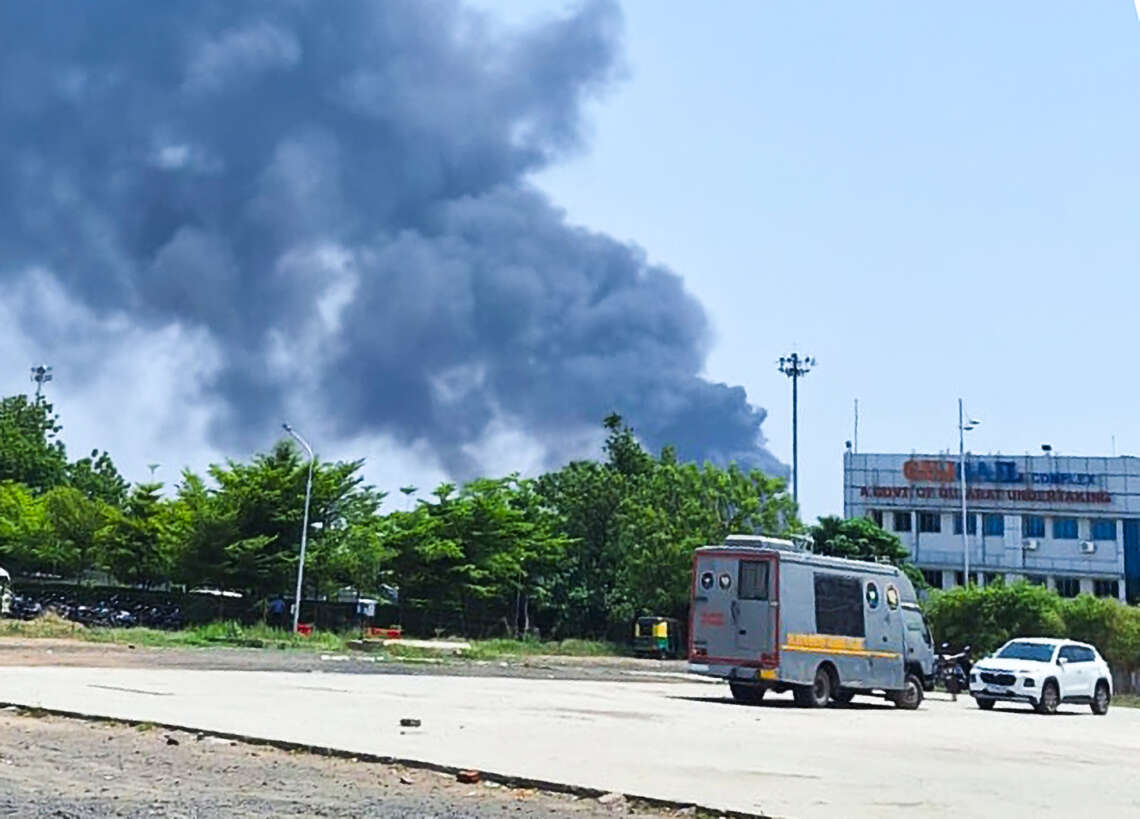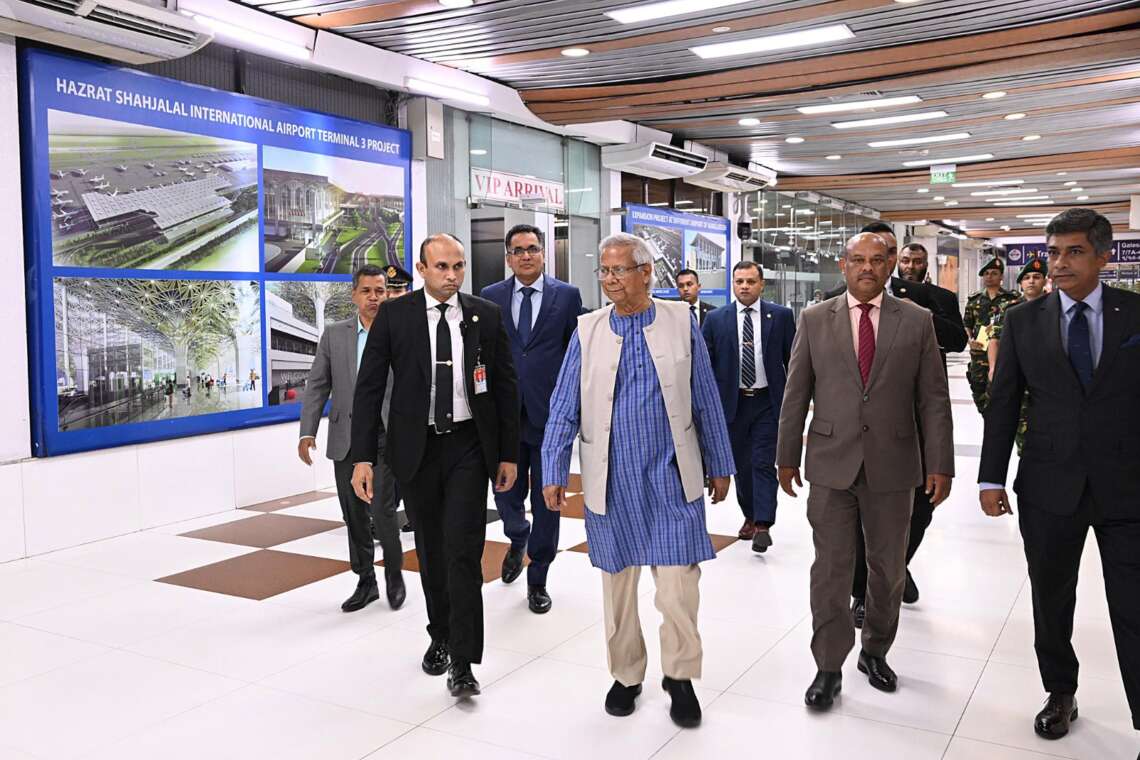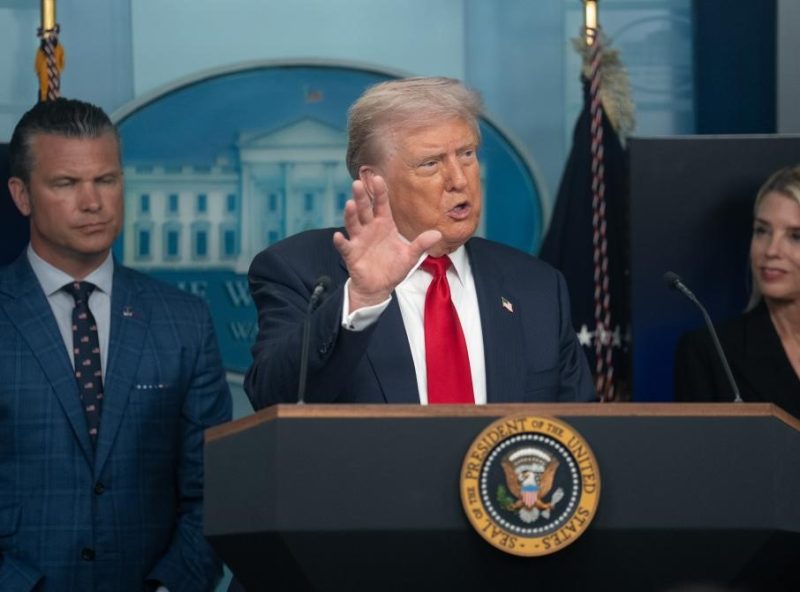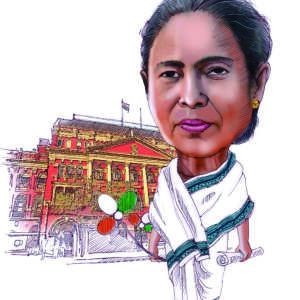From mountain drills to monastery ceremonies, India deepens defence and spiritual links with Mongolia in a landmark series of engagements this June.
India and Mongolia have entered a renewed phase of strategic and cultural partnership this June, with back-to-back military engagements and the shared observance of Buddha Purnima underscoring the deepening ties between the two nations.
In a strong demonstration of defence diplomacy, two military exercises—‘Nomadic Elephant 2025’ and ‘Khaan Quest 2025’—are being held in Mongolia, featuring contingents of the Indian Army working alongside their Mongolian counterparts and other global forces under United Nations mandates.
Exercise Nomadic Elephant 2025, now in its 17th edition, began on May 31 at the Special Forces Training Centre in Ulaanbaatar and will conclude on June 13. The bilateral exercise is focusing on non-conventional operations in semi-urban and mountainous terrain, aiming to sharpen joint operational capabilities and enhance interoperability between the two armies.
Two joint military exercises and Buddha Purnima celebrations mark a high point in India-Mongolia ties, combining tactical cooperation with shared spiritual heritage.
The Indian Army is represented by 45 personnel, primarily from a battalion of the Arunachal Scouts, while the Mongolian side has deployed its elite 150 Special Forces unit. Training modules include counter-terrorism operations, precision sniping, room interventions, reflex shooting, cyber warfare, and endurance exercises—vital for readiness in modern, asymmetric battlefields.
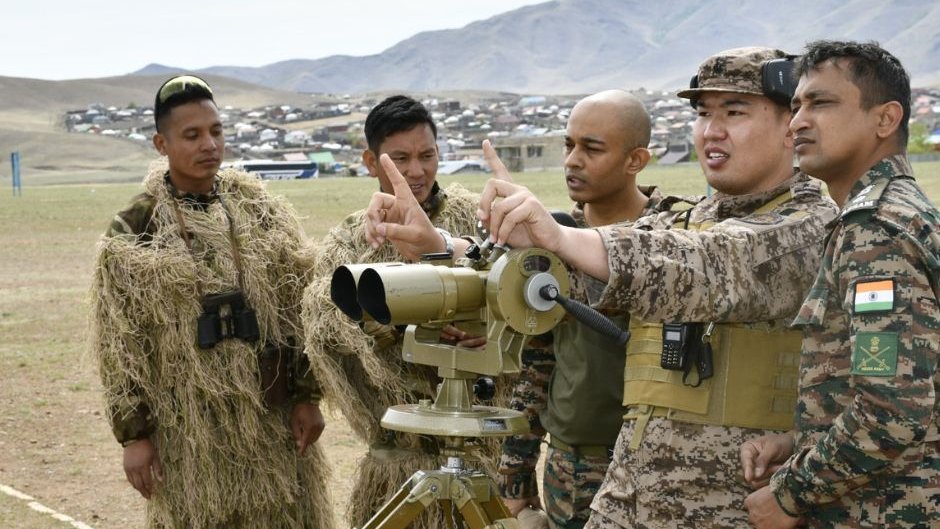
India’s Ambassador to Mongolia, Atul Malhari Gotsurve, and Major General Lkhagvasuren Ganselem of Mongolia were among the dignitaries who addressed the troops during the opening ceremony. “This is more than a military drill,” said Ambassador Gotsurve. “It is a reaffirmation of our strategic commitment and shared values.”
Closely following this bilateral effort, an Indian Army contingent comprising 40 personnel—mostly from a Kumaon Regiment battalion—arrived in Ulaanbaatar on Wednesday to take part in the multinational peacekeeping exercise Khaan Quest 2025, slated from June 14 to June 28.
Khaan Quest, now in its 22nd edition, began as a bilateral US-Mongolia event in 2003 and evolved into a multinational format by 2006. This year’s focus is on preparing participating forces for peacekeeping operations under Chapter VII of the United Nations Charter. Activities include mobile checkpoint setups, cordon and search, patrolling, counter-IED drills, casualty evacuation, and combat first aid.
India’s contingent notably includes one woman officer and two women soldiers, reflecting the country’s growing commitment to gender inclusion in military operations. The practical, boots-on-the-ground experience is designed to enhance India’s capacity for UN peacekeeping and strengthen camaraderie among nations.
But India’s presence in Mongolia this June hasn’t been limited to military matters alone.
On June 11, Ambassador Gotsurve took part in Buddha Purnima celebrations at the Battsagaan Temple of the Gandan Monastery, reaffirming the two countries’ deep spiritual and cultural connection. Addressing an audience of monks, international dignitaries, and followers, he emphasised the timeless relevance of the Panchsheel principles taught by Gautama Buddha.
The Ambassador also announced the handover of two reprinted sets of the Mongolian Kanjur, with 38 more on their way from India. These sacred texts, reprinted in India, are part of a long-standing cultural initiative to revive Mongolia’s Buddhist traditions.
“India is not just a strategic partner,” said Gotsurve, “it is Mongolia’s spiritual neighbour.” He also recalled the contribution of the late Ambassador Kushak Bakula, who during his decade-long tenure from 1990 to 2000, was instrumental in reviving hundreds of Buddhist monasteries across Mongolia.
Mongolia celebrates Buddha Day, or Day of Vesak, as an official public holiday, commemorating the birth, enlightenment, and death of Gautama Buddha. This year’s theme, ‘Let’s Spread Peace Together’, resonates closely with India’s ethos of compassion, harmony, and human dignity.
Prime Minister Narendra Modi’s 2015 visit to Mongolia, during which he gifted a Bodhi tree sapling to the Gandan Monastery, was a turning point in India-Mongolia relations. It was the first-ever visit by an Indian Prime Minister, during which PM Modi described both nations as “spiritual neighbours,” a phrase that continues to define the bilateral relationship today.
As military boots hit Mongolia’s mountainous terrain and ancient scriptures return to its monasteries, the message from India is clear: strategic trust and spiritual solidarity are cornerstones of its growing relationship with Mongolia—a rare blend of hard power and soft diplomacy that few nations can match.


